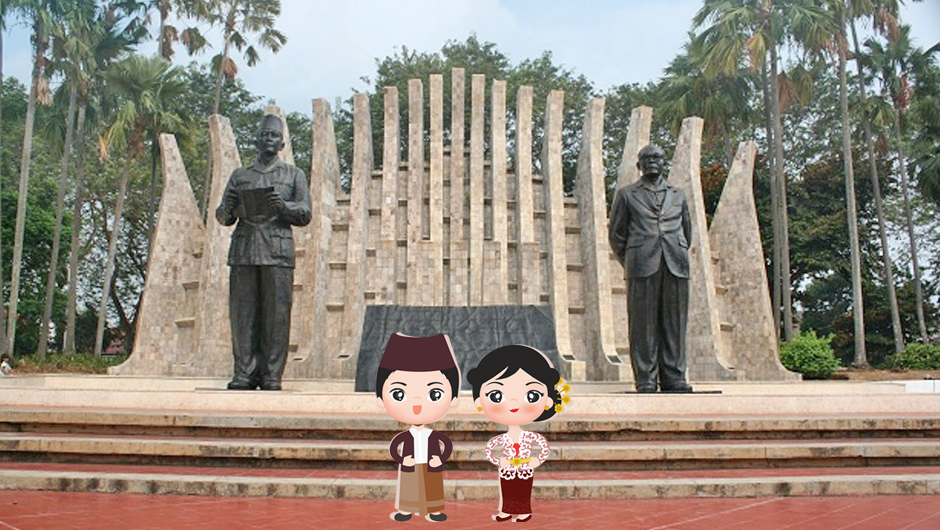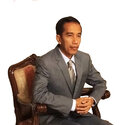Indonesia's Freedom Journey

August is a special month for Indonesia, the month of its independence, a month to celebrate freedom. On 17 August 1945, in a brief ceremony in Jakarta, Indonesia´s independence hero Sukarno, accompanied by Muhammad Hatta, proclaimed to the world that the 350-year-long Dutch rule had ended.
Today, Indonesia is the world's third largest democracy. The road was not easy. Sukarno, who formulated the national ideology “Pancasila”, and became the country´s first president, was toppled in 1965. Thereafter, Indonesia´s politics was dominated by the military under the leadership of General Suharto for 33 years. His regime, the “New Order”, was authoritarian. Civil liberties were restricted, little dissent was tolerated.
Fast forward to 1990s, the Asian Financial Crisis caused the value of Indonesia’s currency to plummet. Protest and unrest followed, prompting Suharto to resign in May 1998. Since then, Indonesia has held four free, fair and peaceful national elections and hundreds more on the provincial and local levels.
Gus Dur: Democracy is a compulsory element of Islam
Abdurrahman Wahid, known as “Gus Dur”, the first democratically elected President following the New Order Regime, was a greatly revered. He was a progressive Muslim and a brilliant scholar. Gus Dur was committed to democracy, pluralism, and tolerance. He promoted free speech, freedom of the press, and a reduced role of the military under a civilian government.
Gus Dur, just like his successors, Presidents Megawati Sukarnoputri and Susilo Bambang Yudhoyono, also believed in social market economy and trade.
While Indonesia has made impressive democratic gains, the country continues to struggle with various challenges. The population, 90 percent of which are moderate Muslims, is overwhelmingly tolerant - but some groups do discriminate against minorities. Defamation and blasphemy laws are politicized.
Corruption as the biggest challenge
Corruption, collusion and nepotism – called KKN in Indonesia - are widespread throughout the nation's parliaments, government, police, military, state-owned companies and private businesses. Corruption, collusion, and nepotism undermine market-economy and access to markets, prevent a level playing field, and create income disparity during a long period of respectable economic growth.
Since 2004, Indonesia has a Corruption Eradication Commission, the “KPK”. Since then, the KPK has charged 600 corrupt officials in the past 12 years, all of whom were convicted. Indonesia has risen from rank 133 to rank 90 in Transparency International´s Corruption Perceptions Index since 2004. But a lot of work remains to be done.
The Friedrich Naumann Foundation for Freedom (FNF) cooperates with the corruption prevention unit of the KPK, which conducts trainings for members of one of FNF´s partners, the Democrat Party. FNF has been in Indonesia since 1969, promoting democracy, market economy and human rights. It works with government institutions, civil society organizations and political parties to promote greater understanding of politics and to inspire citizens to take part in political processes.
The Corruption Eradication Commission must remain strong. Our country still needs extraordinary measures to battle corruption.
